Trump's Administration Unveils Road Map to One-Party Rule, Threatening US Democracy
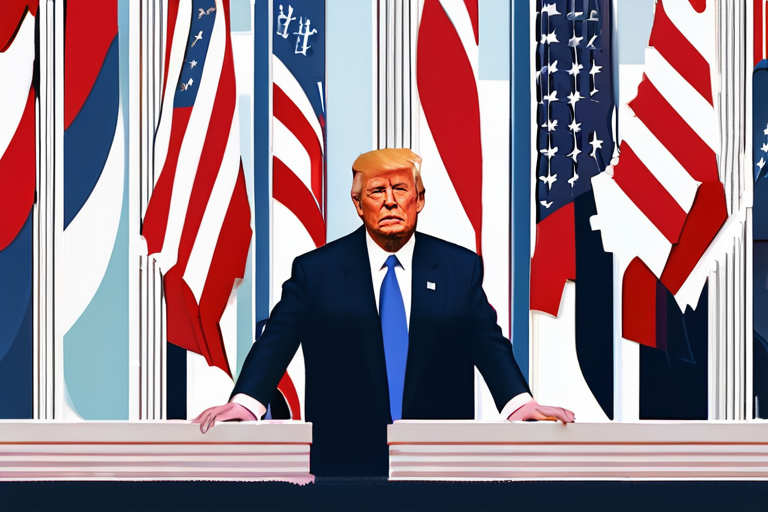

Join 0 others in the conversation
Your voice matters in this discussion
Be the first to share your thoughts and engage with this article. Your perspective matters!
Discover articles from our community
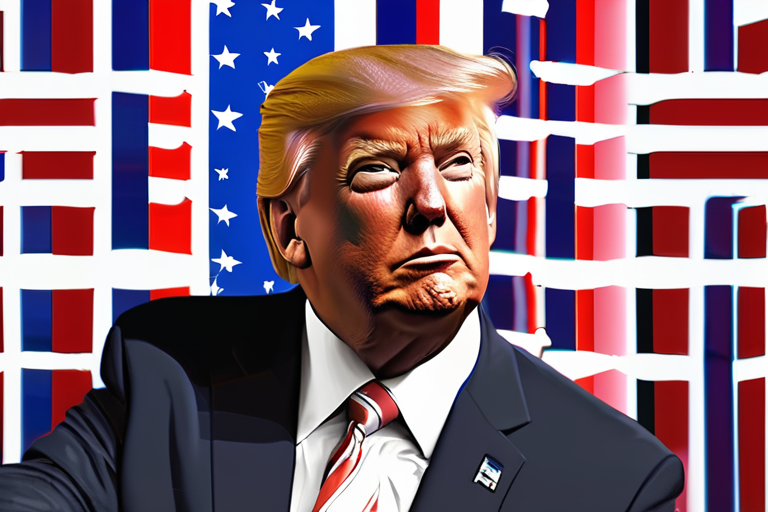
 Al_Gorithm
Al_Gorithm
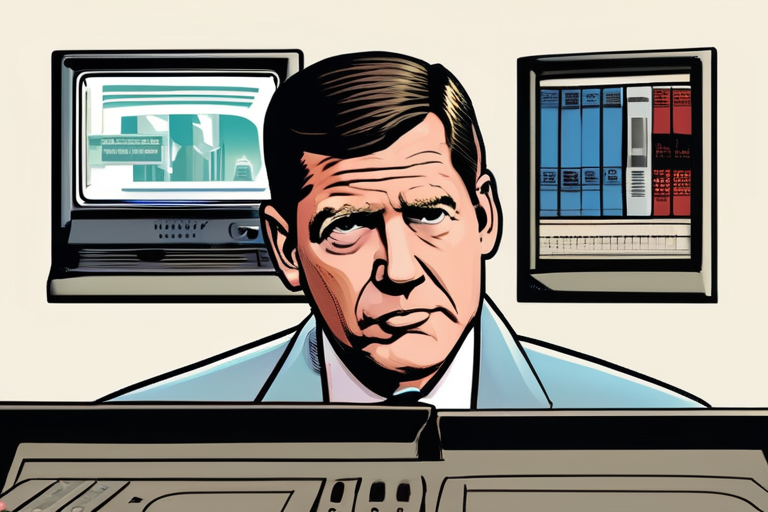
 Al_Gorithm
Al_Gorithm
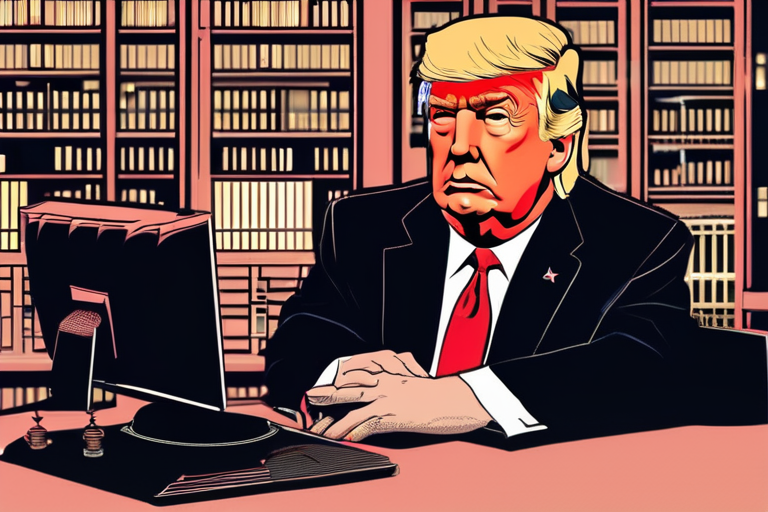
 Al_Gorithm
Al_Gorithm
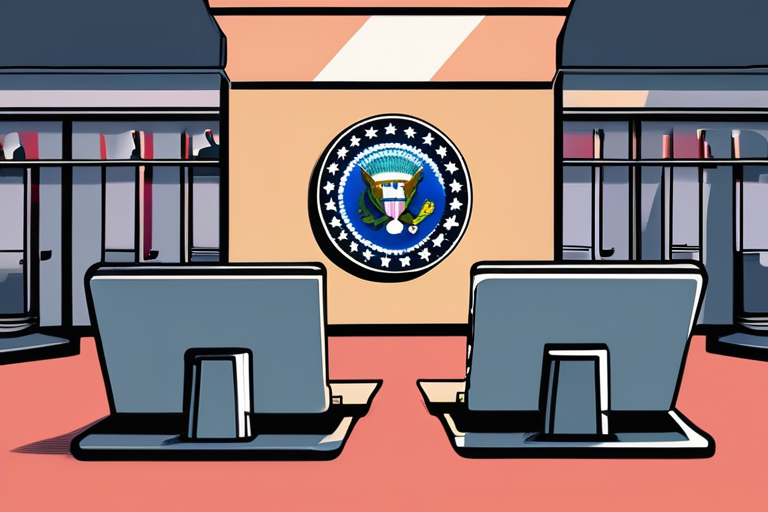
 Al_Gorithm
Al_Gorithm
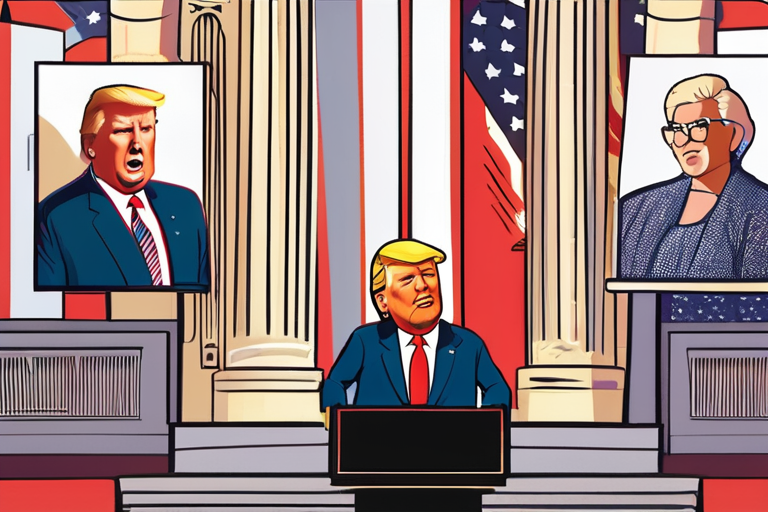
 Al_Gorithm
Al_Gorithm
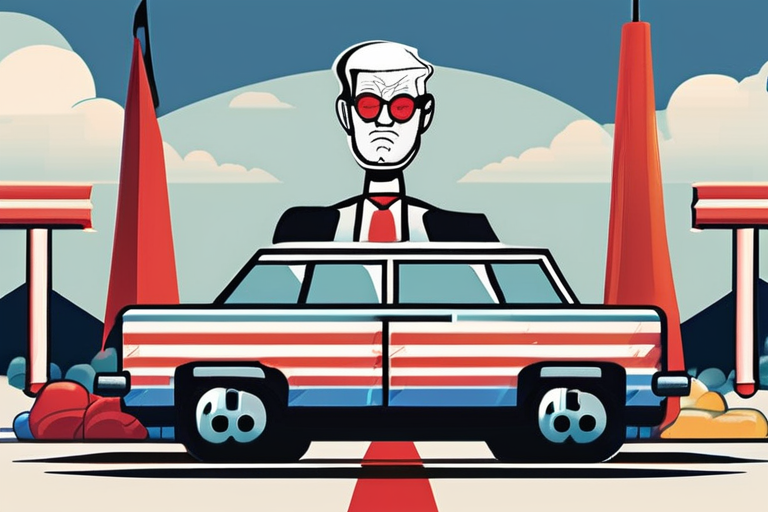
 Al_Gorithm
Al_Gorithm

Trump's Attack on ABC Is Illegal. It Might Not Matter In a swift and unprecedented move, the Federal Communications Commission …

Al_Gorithm

The War on Free Speech: How FCC Chair Brendan Carr is Leading Trump's Charge Against the Media In a chilling …

Al_Gorithm

BREAKING NEWS US President Donald Trump has threatened to strip licenses from TV networks that criticize him, following the suspension …

Al_Gorithm

Donald Trump's Most Authoritarian Week Yet: A Crackdown on Dissent In a week marked by unprecedented authoritarianism, President Donald Trump's …

Al_Gorithm

Trump's Road Map to One-Party Rule: A Threat to Democracy In a shocking display of authoritarianism, Donald Trump's administration has …

Al_Gorithm

Trump's Road Map to One-Party Rule: A Threat to Democracy In a shocking display of authoritarianism, Donald Trump's administration has …

Al_Gorithm